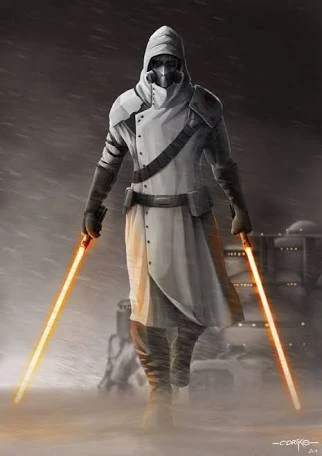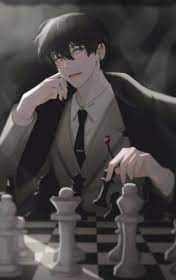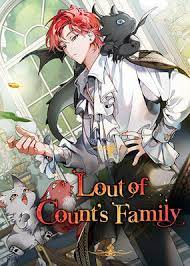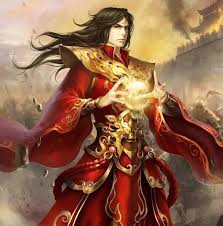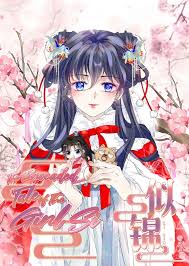The Story in 3 Sentences
Sublight Drive unfolds in the shadowed years before the Battle of Yavin, where a forgotten youth from the Inner Rim is thrust into a web of galactic war after uncovering a forbidden power tied to reincarnated consciousness.
He doesn’t rise as a Jedi or rebel icon, but as something jagged and uncertain—a man shaped by loss, wielding his new abilities not for glory, but survival, carving a path that defies both Empire and Rebellion.
As empires clash and destinies collide, the story spirals through fractured timelines and shifting perspectives, revealing that identity isn’t inherited, but forged in silence, blood, and the unbearable weight of memory.
Why It Stands Out
1. The Anti-Hero Who Isn’t Just Edgy
This isn’t a brooding hero with a heart of gold buried under sarcasm. This is a protagonist who makes choices that leave stains. He lies. He abandons. He calculates. And yet, you can’t look away. The novel doesn’t glorify his darkness—it dissects it. In a universe where hope is a weapon, he’s the wound that won’t close, forcing readers to ask: can someone broken still matter? The answer isn’t comforting, but it’s honest.
2. Reincarnation in a Galaxy Far, Far Away
Star Wars has ghosts, prophecies, and the Force—but not memories bleeding across lifetimes. That’s where Sublight Drive goes rogue. The protagonist isn’t just touched by fate; he’s haunted by past selves, each life a scar on his psyche. This isn’t mystical hand-waving—it’s psychological warfare dressed as destiny. Fans of deep lore will feel the chill of something new creeping into canon-adjacent space, like finding a secret chamber beneath the Jedi Temple.
3. A War Told From the Trenches of the Soul
Most space operas show battles from the cockpit or the command deck. This one shows it from the hollow behind the eyes of a man who’s seen too many wars. The explosions are real, yes, but so is the insomnia, the alienation, the way trust fractures under pressure. You don’t just witness the conflict—you live its aftermath in every quiet moment, every strained conversation, every decision made in the dark.
Characters That Leave a Mark
There’s the pilot – not some flashy ace with a smirk, but a razor-sharp tactician from the Outer Rim who speaks in clipped commands and sees through lies like vacuum through glass. She doesn’t follow the protagonist; she negotiates with him, challenges him, and when the time comes, forces him to face what he’s become. Her arc isn’t about loyalty—it’s about agency, and how even in a war, you can refuse to be a sidekick.
You’ll meet the Imperial officer, who doesn’t sneer or monologue, but plans like a grandmaster, viewing lives as variables. He’s not evil for evil’s sake—he believes order is mercy, and chaos the true crime. His confrontations with the protagonist aren’t battles of blasters, but ideologies, each clash leaving both men more isolated, more certain, and more wrong.
Then there’s the Mentor, not a wise elder but a ghost in multiple forms—a voice, a memory, a figure glimpsed in ruins. They don’t guide so much as provoke, revealing truths in riddles that feel like traps. Are they helping? Are they using him? The ambiguity lingers like static, making every revelation taste like doubt.
The Flaws Fans Debate
Some readers praise the introspective lulls as necessary breathing room, a chance to feel the cost of war. Others call them dead zones, where momentum stalls and the plot vanishes into brooding monologues.
The nonlinear structure is either genius or frustrating—fans either love how timelines fold into each other like damaged star maps, or hate how it obscures clarity for the sake of style.
Translation quality varies across releases, with certain editions suffering from awkward phrasing that dulls emotional impact, especially in key dialogues.
While many celebrate the moral ambiguity, a vocal minority miss the clarity of a true hero—someone to root for without reservation. They wanted Luke; they got a man who walks away from burning ships.
Must-Experience Arcs
Ch. 1–30: Origins and Discovery – The protagonist’s world collapses, his powers awaken, and he begins to remember lives he never lived. This arc grounds the surreal in raw human pain.
Ch. 31–70: Conspiracies and Fractures – Alliances shift, battles escalate, and the protagonist’s identity fractures further. The emotional core ignites here, with betrayals that feel earned, not shocking.
Ch. 71–104+: Consequences and Closure – Not a return to peace, but an acceptance of scars. The final confrontations aren’t about victory, but reckoning—with the past, with power, with self.
Killer Quotes
“Power is a lonely road paved with choices nobody else dares to make.”
“In this galaxy, redemption is as rare as peace.”
“They called me an anti-hero, but I’m just a survivor.”
“Sometimes the darkest path leads to the brightest star.”
Cultural Impact
Since 2023, the novel has sparked intense discussion in online forums, particularly on Royal Road and SpaceBattles.com, where fans dissect its philosophy like ancient texts.
It’s inspired a wave of fan art depicting the protagonist not in action, but in stillness—sitting in ruins, staring at stars, haunted.
Translations in Japanese, German, and Polish have expanded its reach, with readers in Tokyo and Berlin citing its emotional realism as a key draw.
The phrase “anti-hero with a pulse” has become a meme in fan circles, used to describe characters who feel too real to be fictional.
Final Verdict
Start Here If You Want:
A Star Wars story that feels dangerous again. A lead who doesn’t inspire hope, but understanding. To see war not as spectacle, but as erosion.
Study If You Love:
Narratives that treat identity as a battleground. Space operas with the soul of a psychological drama. World-building that rewards patience and rereading.
Avoid If You Prefer:
Clear heroes and villains. Stories that move fast and leave emotion at the airlock. Traditional Jedi or rebel narratives with a comforting arc. Dialogue that doesn’t linger on silence. Plots that explain everything by the end. Tone that never wavers into bleakness.
